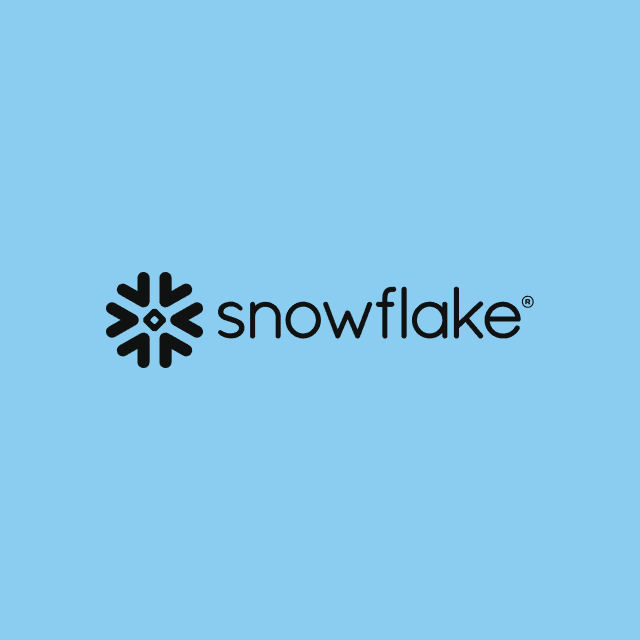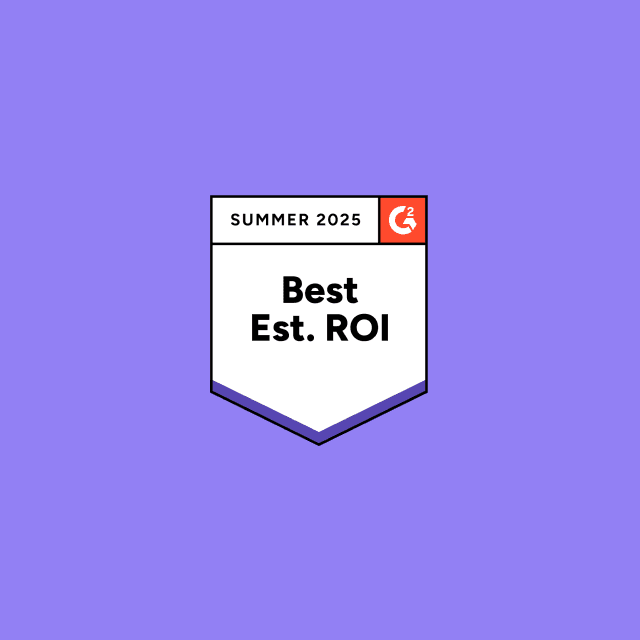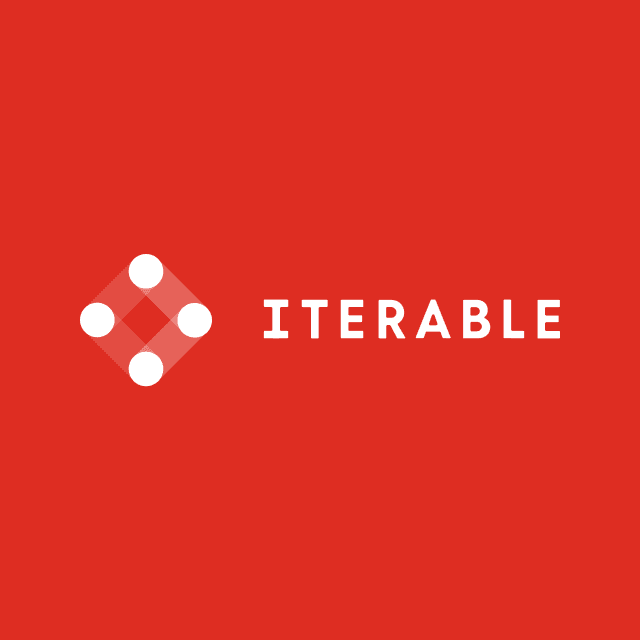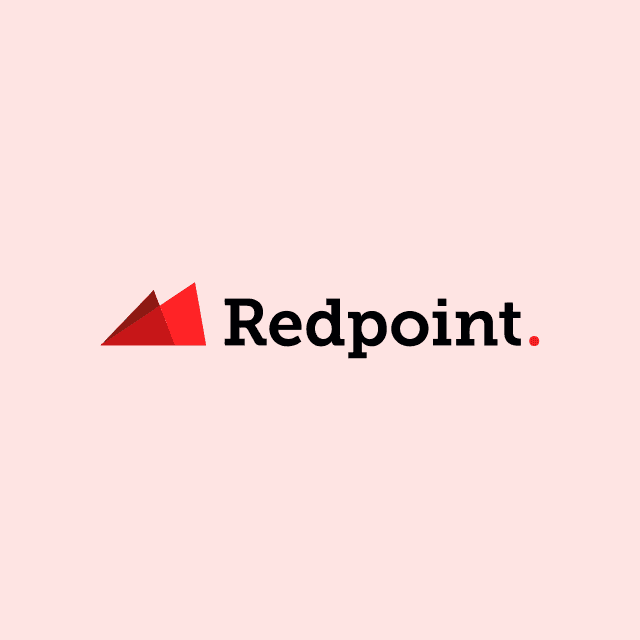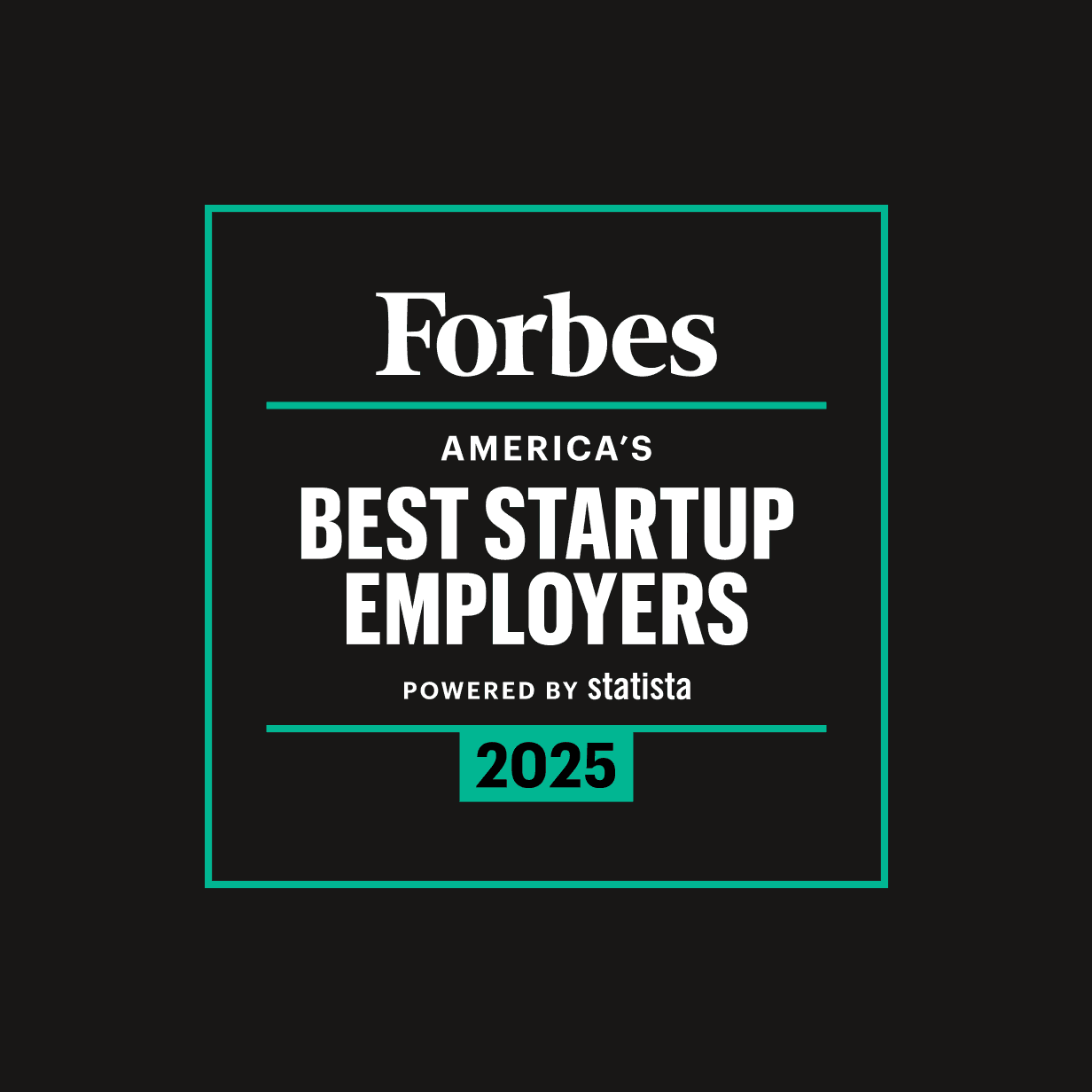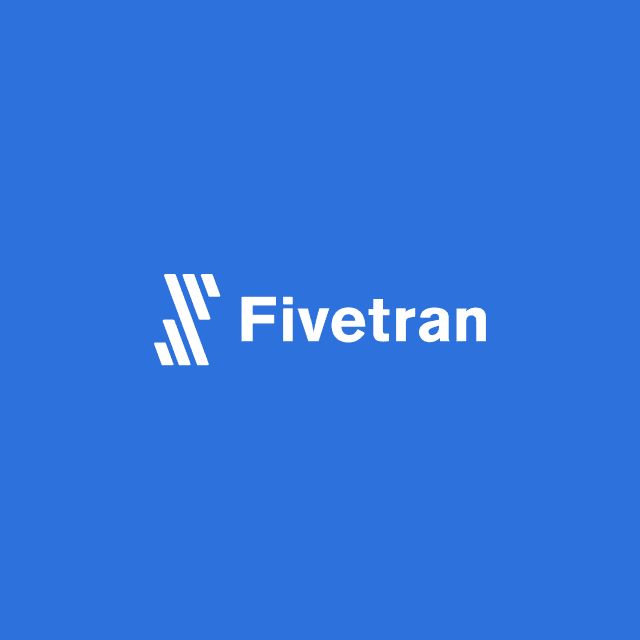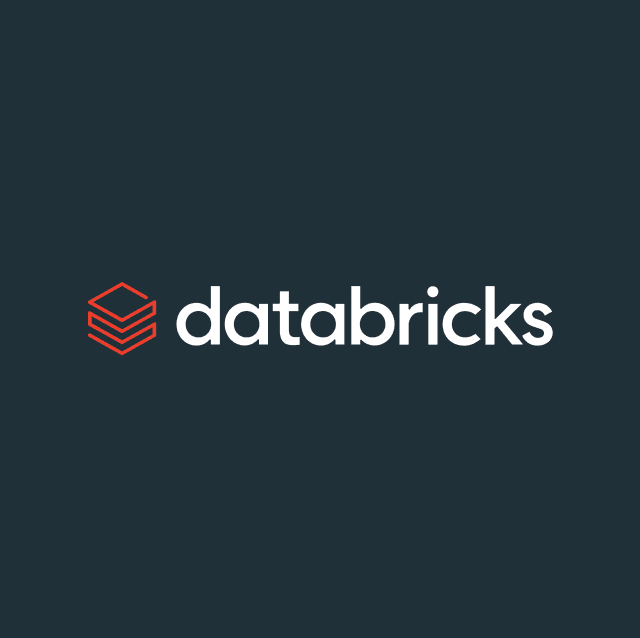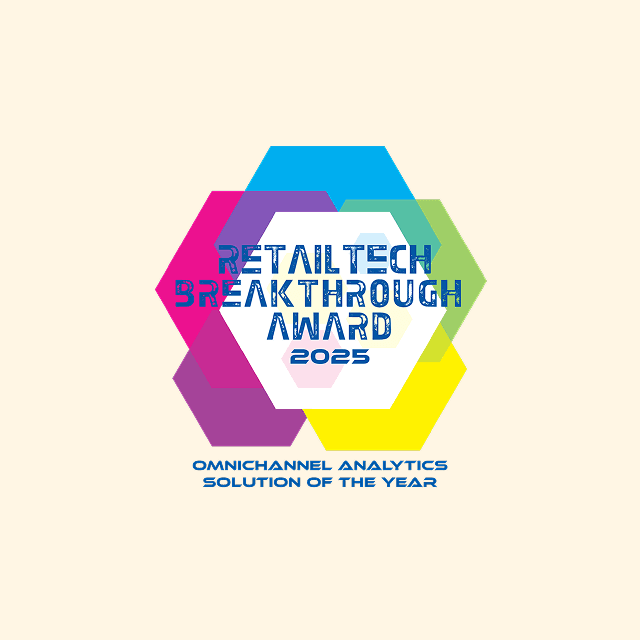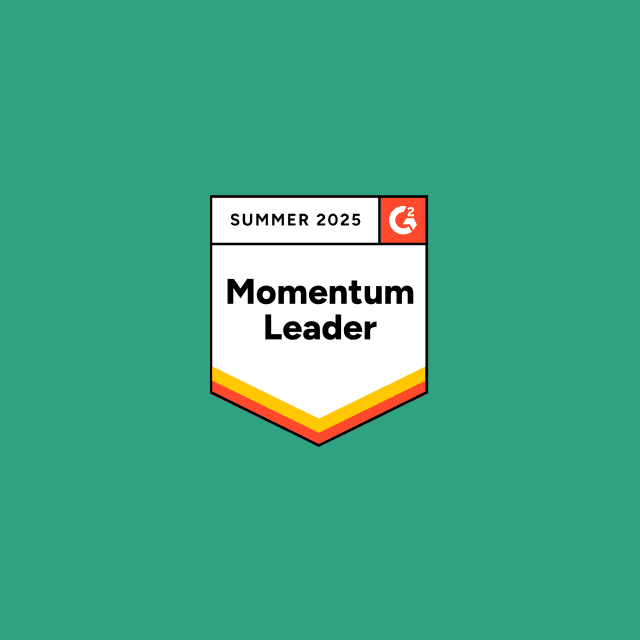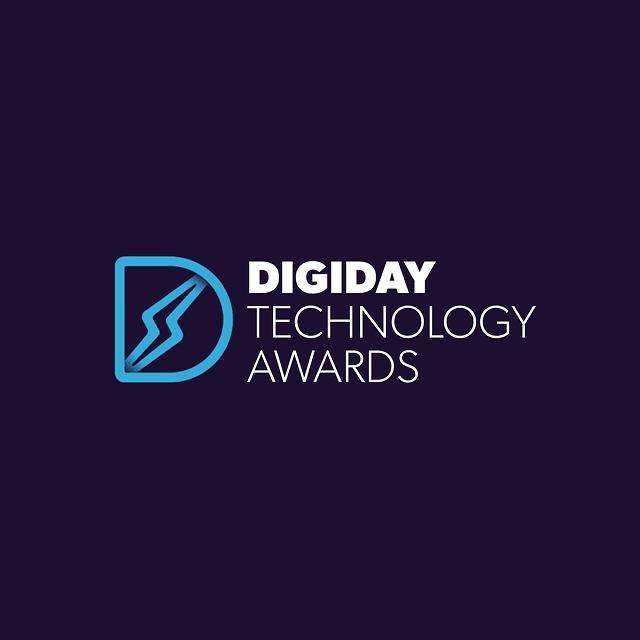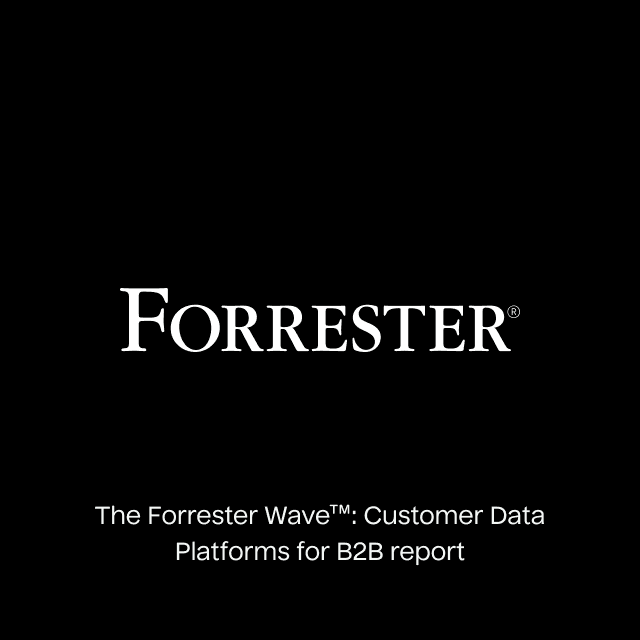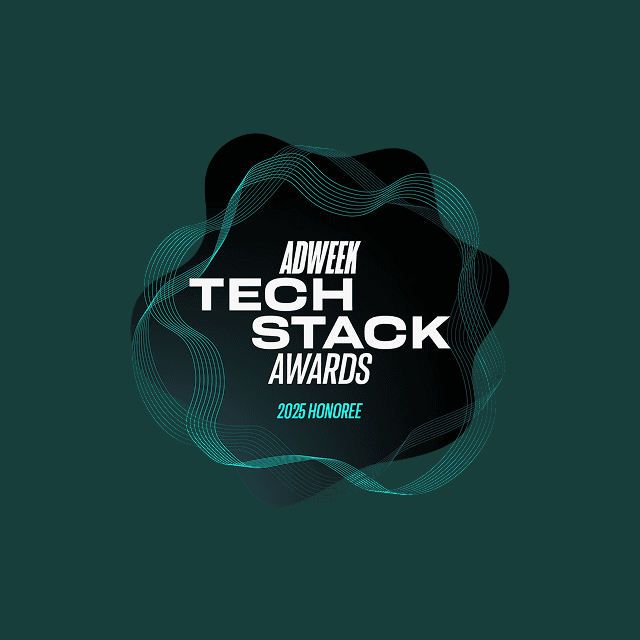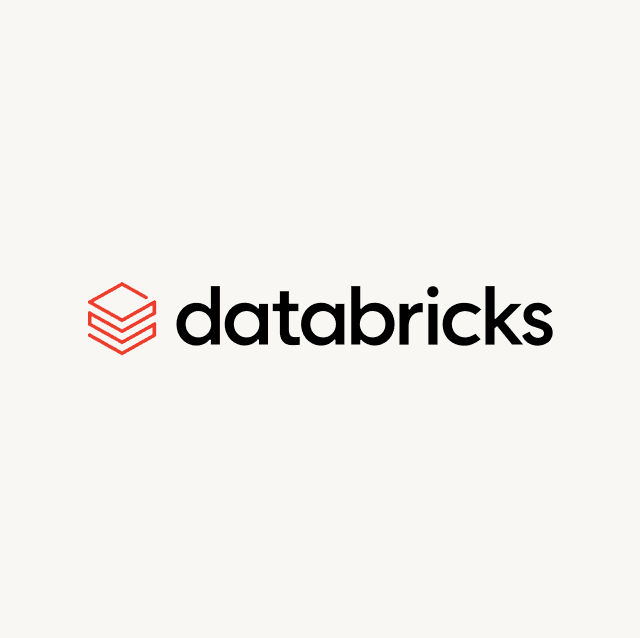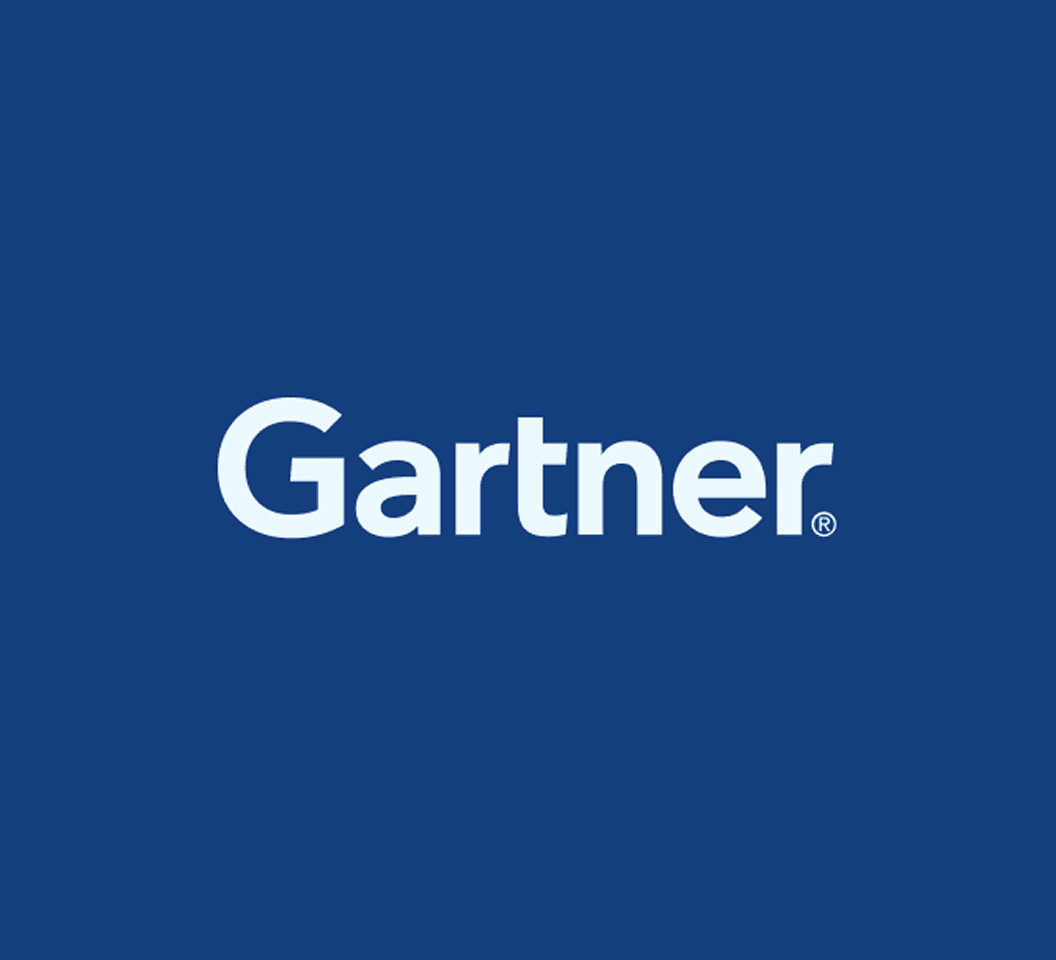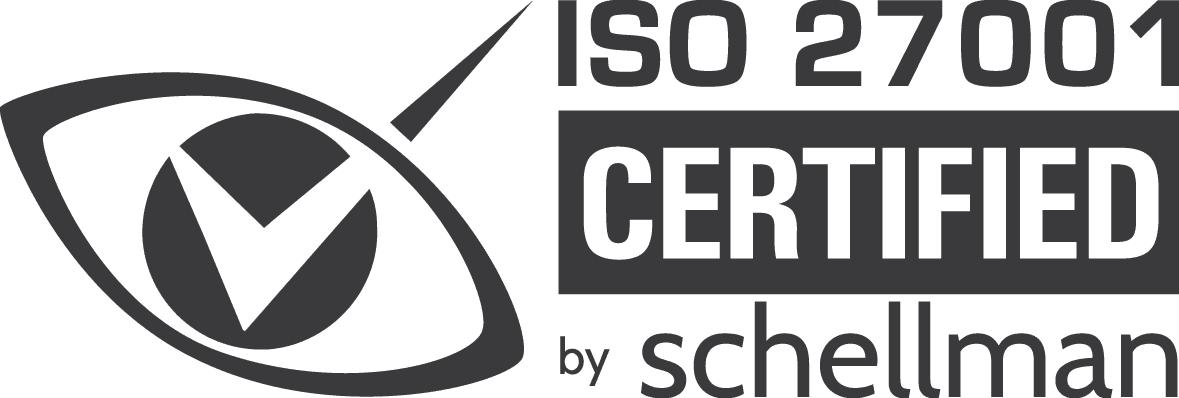Salesforce CDP and Treasure Data both are platforms that allow you to sync data to downstream marketing destinations like CRM tools, email tools, and advertising platforms. Both platforms have the functionality to collect events via an SDK, and functionality to resolve identities.
However, there are plenty of differences across feature sets, functionality, usability, and more. Below we take a deep-dive into both platforms to highlight the differences.
Compare Salesforce CDP and Treasure Data
| Functionality | Salesforce CDP | Treasure Data |
|---|---|---|
| Data Collection | Client-side, server-side, & other 3rd-party sources | Client-side, server-side, & other 3rd-party sources |
| Data Storage | Salesforce's managed infrastructure | Treasure Data's managed infrastructure |
| Data Retention | Variable | Variable |
| Data Schema | Controlled by Salesforce (Standard 360 data model for all customers) | More flexible than most traditional CDPs, more difficult to set up than Composable CDPs |
| Audience Management | No-code audience builder (limited to data stored in Salesforce) | Limited audience-building capabilities for non-technical users |
| Journey Orchestration | Yes (add-on product) | Yes |
| Identity Resolution | Deterministic IDR managed in Salesforce's infrastructure | Deterministic IDR managed in Treasure Data's infrastructure |
| Identity Graph Storage Location | Owned by Salesforce | Owned by Treasure Data |
| Reverse ETL | Extremely limited (all data must be replicated to Salesforce first) | NA |
| Real-Time Audience Computation | Not supported (minimum sync cadence is 15 minutes to 1 hour) | Yes (limited to clickstream/behavioral data with no time-based lookbacks) |
| Real-Time Streaming (Event Forwarding) | Yes | Yes |
| Low-Latency Profile API | Yes | Yes |
| Streaming Reverse ETL | No | No |
| Data Activation Flow | Salesforce Data Cloud to destination | Treasure Data to destination |
| Activation Destinations | Salesforce ecosystem (limited support for external destinations) | 170+ |
| Source of Truth | Multiple: Salesforce & your owned data warehouse | Multiple: Treasure Data & your owned data warehouse |
| Security & Compliance | Data lives outside of your cloud infrastructure (can be configured to be GDPR, CCPA, & HIPAA compliant) | Data lives outside of your cloud infrastructure (can be configured to be GDPR, CCPA, & HIPAA compliant) |
| Pricing | Bundled: variable-based pricing (typically the most expensive CDP option) | Bundled pricing: dependent on monthly tracked users (MTUs) & feature add-ons |
| Proof of Concept (POC) | 4-6+ months | 4-6+ months |
Pros and Cons of Salesforce CDP
Pros
Strong integrations with the Salesforce ecosystem (Marketing Cloud, Service Cloud, CRM, etc.)
Access to Salesforce partner ecosystem & solutions experts
Ability to negotiate licenses for free products (Slack, Tableau, etc.)
Cons
Very expensive (lots of add-on products required)
Limited integration support for external tools & systems
Inflexible data data model/schema (cannot support custom objects & entities)
Long implementation time & difficult setup process
Data is stored outside of your cloud infrastructure
Pros and Cons of Treasure Data
Pros
Data engineering & analytics functionality
AI/ML capabilities
Strong support for Japanese-specific brands/companies
Cons
Not marketer-friendly (built for data teams)
Architecture is built on legacy technology (Presto & Hive)
Requires substantial data engineering resources to implement & maintain
Identity graph is owned Treasure Data
Should I Buy Salesforce CDP or Treasure Data?
Before you purchase a customer data platform, there are a few important factors to consider:
-
Time-to-value: You need to show ROI quickly to your internal stakeholders to validate that the platform can provide business value. Many customer data platforms can take upwards of 6-12 months to implement and get started.
-
Usability: Tools like Segment and ActionIQ can come with steep learning curves that make them difficult to use, especially for non-technical marketing teams. It doesn't matter how good the technology is if your marketing team doesn't use it.
-
Functionality: Before you purchase any tool you need to ensure that it has functionality to solve your business-specific use cases, and that means supporting your proprietary data. Your main goal should be to purchase a solution that actually solves the problem you're facing.
-
Flexibility: Not every company is the same. Make sure the tool you're purchasing can dynamically adapt and conform to your data. Otherwise, you'll end with a failed implementation and an upset marketing team.
What's the Best Alternative to Salesforce CDP and Treasure Data?
Hightouch is a Composable Customer Data Platform that is the perfect alternative to both Segment and ActionIQ because the platform offers the following:
Fast Implementation: Hightouch enables you to start activating your data immediately. The average customer is powering live use cases within weeks and sometimes days.
Ease-of-Use: Hightouch was specifically built for non-technical users. The platform has an easy-to-use audience builder, built-in analytics, and experimentation and measurement capabilities your marketers can drive value and optimize performance without getting blocked by your data team.
Completeness: Hightouch offers a complete suite of capabilities to collect data, resolve identities, build audiences, sync data to any destination, and increase match rates. You won't end up with a bloated tech stack because you can select the functionalities you need for your specific use cases.
Flexibility: The Composable CDP approach that Hightouch provides allows you to have the most flexible data activation solution. Unlike traditional CDPs, Hightouch lets you access any data in your organization and use any schema structure imaginable to power your most complicated marketing use cases.
Our team of experts at Hightouch is comprised of former CDP experts, so if you have any questions about CDPs, schedule some time with a Hightouch expert so we can point you in the right direction.

